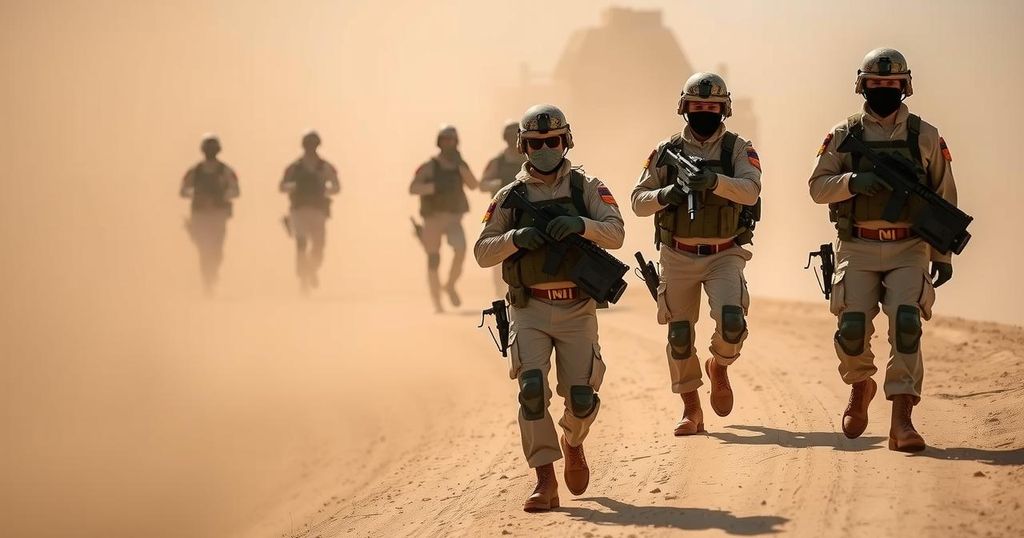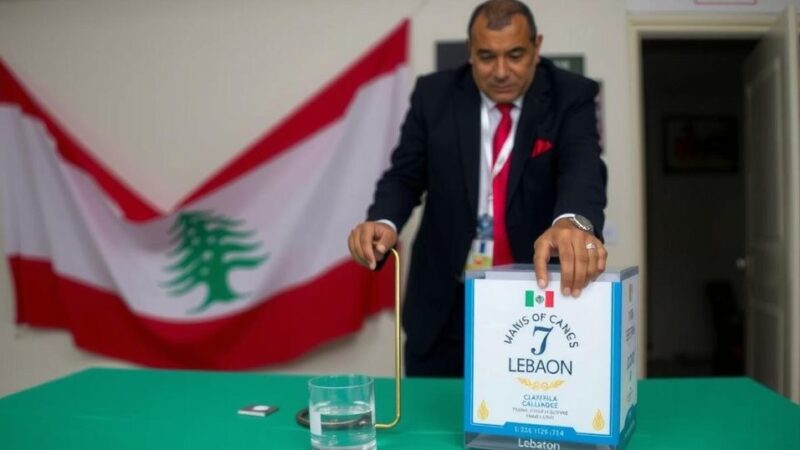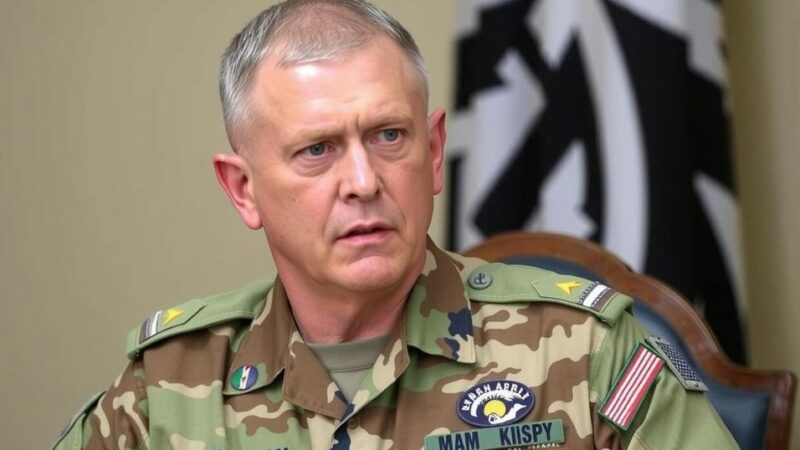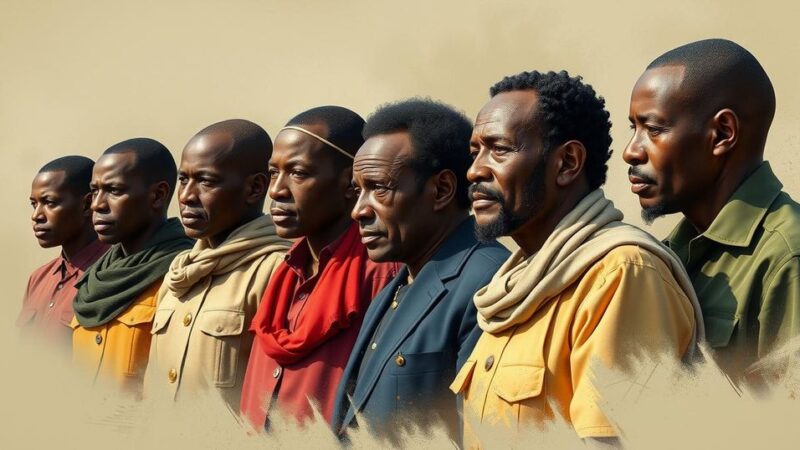Iran’s Supreme Leader Ali Khamenei criticized the U.S. military presence in Iraq as illegal, urging resistance against U.S. occupation. Iraqi Prime Minister Sudani visited Tehran for talks aimed at strengthening bilateral relations, condemning Israeli actions and emphasizing support for regional allies amid ongoing tensions in Syria and Palestine.
On Wednesday, Iran’s Supreme Leader, Ali Khamenei, declared the United States military presence in Iraq as “illegal,” urging the Iraqi government to resist what he termed U.S. occupation. Khamenei’s remarks coincided with a discussion on the escalating tensions in the Middle East, particularly the impact of foreign forces in the Syrian conflict. Meanwhile, Iraqi Prime Minister Mohammed Shia’ al-Sudani, who visited Tehran for high-level discussions, expressed optimism about strengthening bilateral relations through agreements made during his trip. Sudani condemned Israel’s actions in Gaza and Lebanon and reaffirmed Iraq’s commitment to supporting the aspirations of the Syrian people and the integrity of its territory.
The visit by Prime Minister Sudani, lasting just one day, was part of broader efforts to deepen ties between Iraq and Iran amidst regional instability. The dialogue addressed various mutual concerns, including the role of external actors in the Middle East and the ongoing crises in neighboring countries. Sudani reiterated Iraq’s position of supporting the Palestinian and Lebanese people, emphasizing the necessity for regional solidarity against aggression.
In this context, Khamenei’s condemnation of the U.S. presence serves to bolster the narrative of resistance against foreign interventions in Iraq and Syria. The Iranian leader’s comments highlight a pivotal moment in Iraq’s foreign policy as the government seeks to navigate relationships with powerful neighbors while maintaining sovereignty and stability. As both leaders engage in such dialogues, the emphasis on collaboration within the region takes center stage amidst escalating tensions.
Khamenei stated regarding U.S. actions, “The military presence of the United States in Iraq is illegal,” underscoring Iran’s position on the necessity for sovereignty against foreign occupation.
The discussion surrounding U.S. military involvement in Iraq reflects longstanding tensions and the complex interplay of regional politics. Khamenei’s warnings accentuate the ongoing narrative of resistance against foreign influence, while Sudani aims to cultivate support for Iraqi integrity and independence from external pressures. The recent developments signal a crucial phase for Iraq as it balances relations with neighboring nations and addresses internal and external challenges.
In conclusion, the assertions by Supreme Leader Khamenei and the stances taken by Prime Minister Sudani illustrate the intricate dynamics of Middle Eastern politics. With Khamenei condemning foreign military presence and Sudani voicing support for regional allies, both leaders are navigating a landscape characterized by conflict and the quest for stability. These interactions not only reflect their diplomatic ambitions but also emphasize the need for cohesive regional policies amid foreign interventions.
The ongoing military presence of the United States in Iraq has been a controversial subject since the invasion in 2003. As foreign troops continue to operate in the region, various political leaders in Iraq express differing opinions on their legality and implications for Iraqi sovereignty. Iran, a pivotal neighbor, perceives the U.S. presence as an infringement on regional autonomy and has been vocal in its opposition. Recent geopolitical tensions, particularly surrounding Syria and Palestine, heighten concerns about foreign military roles in the Middle East and their impacts on regional stability.
In summary, the dialogue between Iranian leaders and the Iraqi Prime Minister highlights the critical issues of sovereignty and regional cooperation in the face of foreign military involvement. Khamenei’s assertions regarding the illegality of U.S. forces in Iraq resonate with Iraq’s broader strategy to assert independence and forge stronger alliances with neighboring countries. As both nations address these tensions, the need for a unified regional approach remains paramount.
Original Source: news.az







